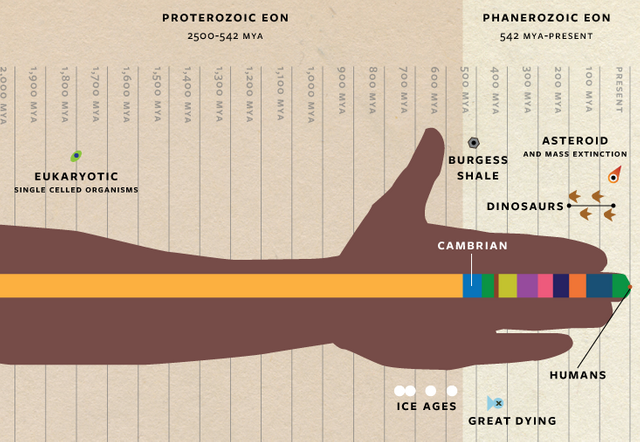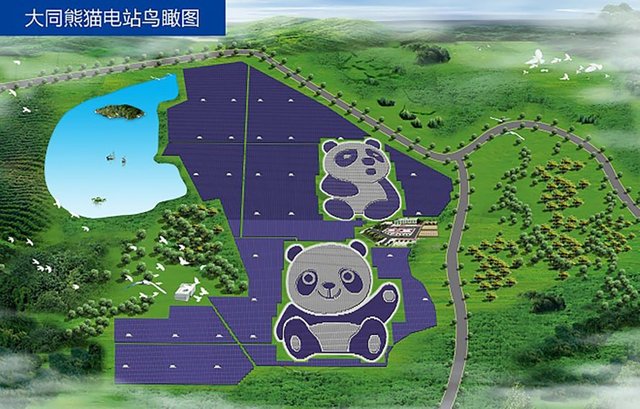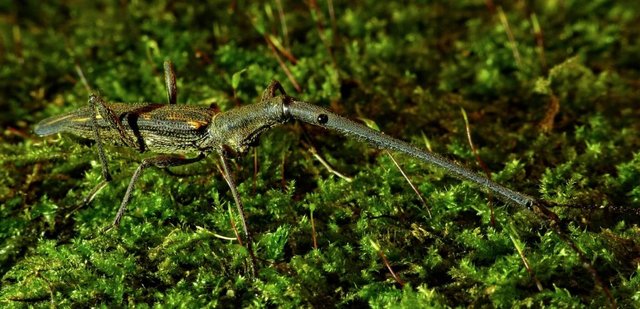Snapping out of our high-tech stupor
Hi earthlings,
I'm stoked that you could join me for the second issue of The Resilient Review.
Each week, this newsletter brings links, snippets and interesting facts about technology from a conservationist perspective. If you have not done so yet, you can subscribe here. It hopes to spark a greater discussion among the tech world about the opportunities and threats that tech brings.
This week I will share my thoughts about how our tech has tricked us into a short-sighted stupor and give you some links with the highlights of technology news from the last week or so.
You'll notice that the format of this letter is a little different from last week. The letter is an experiment in research, purpose and prose. If you have feedback let me know at: [email protected]
Snapping out of our high-tech stupor
Technologique
The first piece of technology was a long strand of grass used by a chimpanzee to collect tasty ants out of an ant hill. Tech doesn't have to be that complex, pedro. A piece of "technology" is any tool or process used to accomplish a certain goal.
By knocking shards off of one rock with another, primitives created the knife -- and used it to clean dead animals, cut trees for shelter and carve figurines. By cracking a flint against a steel, primitives learned to ignite fire -- and used it to cook food, live in cold climates and to harden their wooden spears. After that came pottery, smelting, simple machines, textiles, agriculture, paper. Invention after invention led to a higher quality of life. Eventually, us humans learned to put our food production on autopilot, finding ourselves with lots of time for conquering lands, cultivating culture and discovering knowledge.
The ever-extending horizon
Humans have now explored and settled every corner of the earth twice over. But in our ever-present desire to meet the next horizon, it seems like a vast majority of people (all ages) are getting caught in a trance-like state; addicted to instant gratification and obsessed with image. It seems that the representation of the self is replacing actual presence. We're more connected than ever yet I keep hearing friends say they no one to talk to. That they feel lost to the earth; they don't know why they're here.
To infinity and beyond!
Obsessed with advancement, we became blind to the environment and creatures that make up the web of life we're apart of. A group of over 15,000 concerned scientists released a second letter to humanity at the end of last year; urging us to step up our game, to be responsible for the Web of Life we're apart of.
We are jeopardizing our future by not reining in our intense but geographically and demographically uneven material consumption and by not perceiving continued rapid population growth as a primary driver behind many ecological and even societal threats (Crist et al. 2017). By failing to adequately limit population growth, reassess the role of an economy rooted in growth, reduce greenhouse gases, incentivize renewable energy, protect habitat, restore ecosystems, curb pollution, halt defaunation, and constrain invasive alien species, humanity is not taking the urgent steps needed to safeguard our imperilled biosphere.
Mars, not just a candy bar.
I refuse to trash this Earth and rocket off to the next planet. It's just irresponsible. If your arm represented the duration that life has inhabited Earth, the tip of your fingernail extending past your fingertip would represent long humans have been here.

But all is not lost. In the quantum age, where all of your desires (if you're one of the lucky ones) can be met with the click of a button, technology is growing out of it's toddler stage. Scientific research is bringing us more efficient means of harvesting the sun's endless flow energy. New batteries without environment-destroying lithium are being invented. Blockchain technology is restoring rights and representation to the hands of the many. Renewable energy is already cheaper than oil and gas. We're well on our way to turning this thing around.
Links
World Scientists' Warning to Humanity: A Second Notice -- BioScience.
We have been overwhelmed with the support for our article and thank the more than 15,000 signatories from all ends of the Earth. As far as we know, this is the most scientists to ever co-sign and formally support a published journal article. In this paper, we have captured the environmental trends over the last 25 years, showed realistic concern, and suggested a few examples of possible remedies.
Look ma, no lithium! First rechargeable proton battery -- Researchers at RMIT university
"Lithium-ion batteries are great but they rely on ultimately scarce and expensive resources," he said. "Hydro is also a good technology but suitable sites are limited and the cost may be very high.
"The advantage is we're going to be storing protons in a carbon-based material, which is abundant, and we are getting protons from water which is readily available."
The battery itself produces no carbon emissions and it can store electricity from zero-emissions renewables.
Andrews said it could be commercially available within five to 10 years.
New solar farm in china shaped like a giant panda will produce 3.2 billion kilowatt-hours of solar energy in 25 years -- China Merchants New Energy Group
China Merchants New Energy Group worked with the United Nations Development Program (UNDP) to make the Panda Power Plant a reality. The project is part of a larger effort to raise awareness among young people in China about clean energy, the UNDP wrote in a statement.

The Lazarus Effect: Protect one species, resurrect an entire forest -- Ann Graeme
Pest control is saving more than just the Kiwi: species that haven't been seen for years are reappearing in New Zealand's forests. Ann Graeme shares inspiring stories of native birds, plants and insects that have returned after community conservation for a different species -- "The Lazarus Effect."

March 18th is International Recycling Day -- Trey Granger
GRD is a day to not just celebrate the importance of recycling, but to effect change among world leaders and reinforce recycling as a global industry with one united voice. We spoke with the Institute of Scrap Recycling Industries (ISRI), one of the inaugural GRD sponsors, to learn more about GRD and how you can participate.
Elon Musk: we must colonise Mars to preserve our species in a third world war -- At SXSW
"It's important to get a self-sustaining base on Mars because it's far enough away from earth that [in the event of a war] it's more likely to survive than a moon base," Musk said on stage at SXSW -- just days after Donald Trump announced plans to meet the North Korean leader, Kim Jong-un, in an attempt to defuse rising nuclear tension.
Until next time!
This was the second issue of The Resilient Review.
This newsletter, as an evolving improvisation is open to tips, comments, messages and corrections.
Please reach out at [email protected].
Also feel free to share and subscribe to the newsletter, which you can do by clicking this link.